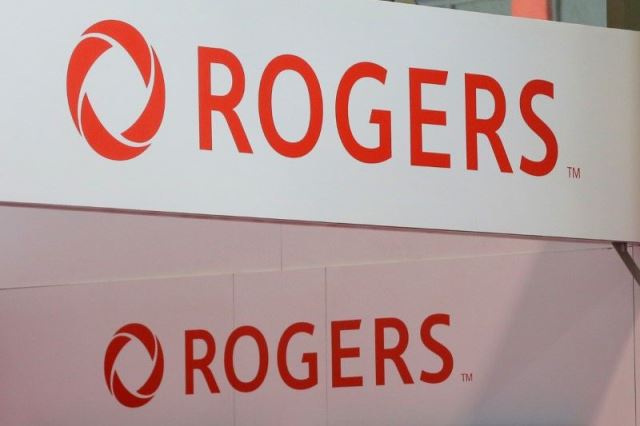Canada has granted the approval for Rogers Communications’ C$20 billion ($15 billion) deal to buy Shaw Communications paving the way for the country’s No. 2 telecoms company.
 Francois-Philippe Champagne, Minister of Innovation, Science and Industry, has agreed to the transfer of wireless licenses held by Shaw’s Freedom Mobile unit to Quebecor under some conditions.
Francois-Philippe Champagne, Minister of Innovation, Science and Industry, has agreed to the transfer of wireless licenses held by Shaw’s Freedom Mobile unit to Quebecor under some conditions.
Freedom Mobile’s proposed C$2.85 billion sale to Quebecor-owned Videotron has been crucial in addressing the antitrust concerns over the deal, given the overlap between Rogers and Shaw’s wireless divisions.
Champagne announced 21 conditions including that Videotron should offer plans that are at least 20 percent cheaper than competitors and invest C$150 million to upgrade Freedom Mobile’s network over the next two years.
CONDITIONS ACCEPTED BY ROGERS
* Will have to create 3,000 new jobs in Western Canada and maintain them for a minimum of 10 years after the closing date
* Invest at least C$2.5 billion to enhance its 5G network in Western Canada, and C$3 billion in additional network service expansion projects
* Expand access to low-cost broadband internet plans and launch a new low-cost mobile offering for low-income Canadians
* Invest C$1 billion to expand broadband internet access, at speeds of at least 50/10 megabits per second, and 5G mobile service in areas where it is not currently available
* Establish a western headquarters in Calgary and maintain it for a minimum of 10 years after the closing date
* To report to Innovation, Science and Economic Department and to the public every year on specific progress it has made towards commitments in the agreement
* Will have to offer wireless plans to Shaw Mobile customers at Shaw’s current prices for 5 years after deal close
* To pay C$100 million for every year in which any “material element” of any commitment is not met
CONDITIONS ACCEPTED BY VIDEOTRON
* Will need to offer plans that are comparable to those currently available in Quebec, and offer options at least 20 percent cheaper than that of major players
* Cannot transfer Freedom Mobile licenses for 10 years
* Will have to expand its 5G wireless network in Freedom Mobile’s pre-existing operating territory within 2 years
* Will increase data allotments of existing Freedom Mobile customers by 10 percent as a near-term bonus, while investing to bring down prices overall
* Will expand mobile service into the Canadian province of Manitoba via the use of a signed Mobile Virtual Network Operator (MVNO) agreement and offer plans comparable to what it offers in Quebec
* To pay C$25 million for every year in which any material element of any commitment is not met
He also restricted the transfer of Freedom Mobile’s licences for 10 years.
The Canadian government asked Rogers to set up a Western headquarters in Calgary and create 3,000 new jobs in Western Canada that must be maintained for at least 10 years, while investing C$5.5 billion to improve network services.
A breach of the commitments will lead to a fine of up to C$200 million for Videotron and C$1 billion for Rogers, Champagne said while announcing a freeze on all major licences transfers in the telecom sector.
The Roger-Shaw deal, struck in March 2021, will allow Ontario-focused Rogers to gain from Shaw’s strong presence in the sparsely populated regions of Western Canada and help it double down on its efforts to roll out 5G throughout the country.
The buyout had faced opposition from consumer advocates, politicians and rival telecom companies as it unites two major players in a market that already has some of the highest wireless bills in the world.
Canada’s antitrust agency’s efforts to block the merger were rejected by the Competition Tribunal and a Canadian court, in what was seen as a test case for the regulator’s ability to improve consumer choices in a country where a handful of companies control large swaths of business.
The deal’s closing date has been delayed four times. It is the biggest in the Canadian telecoms industry since BCE’s spinoff of its stake in Nortel Networks in a transaction valued at C$88.7 billion in 2000.
Canada’s top telecom company by market value is BCE.





